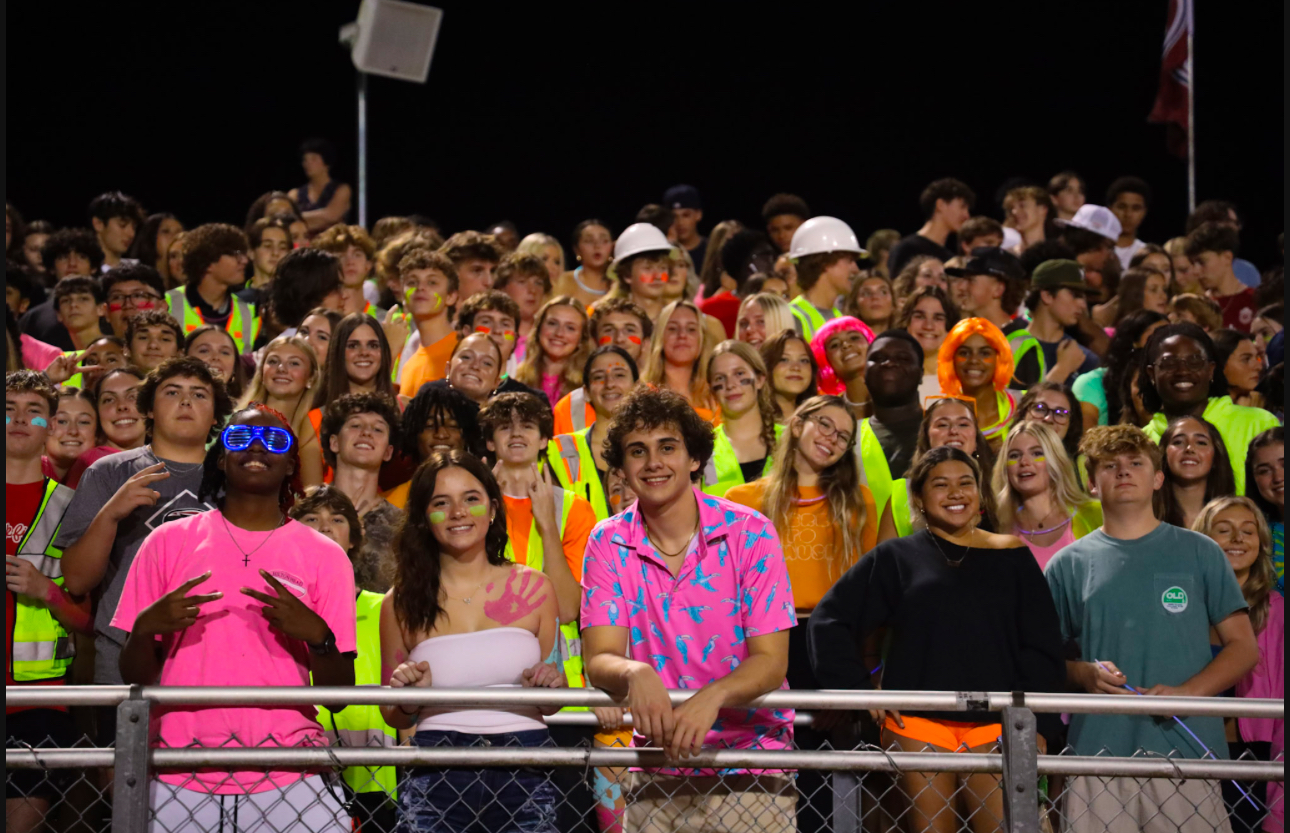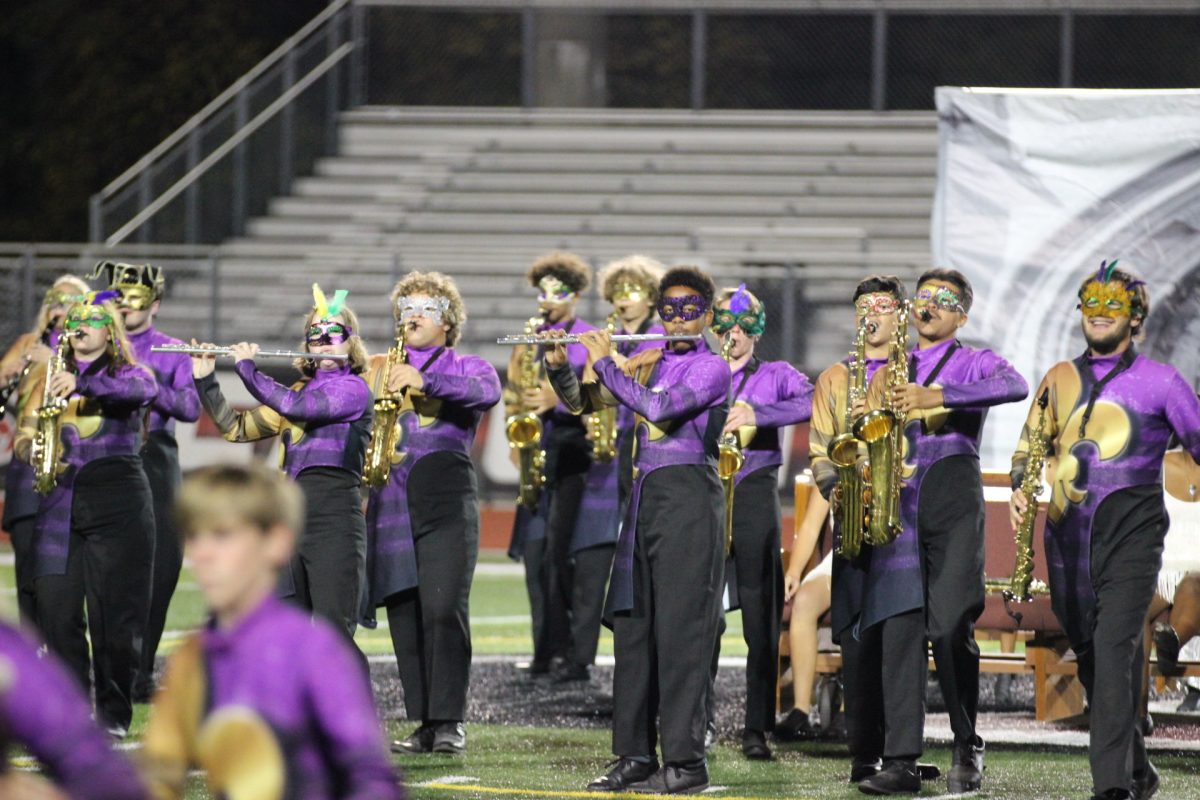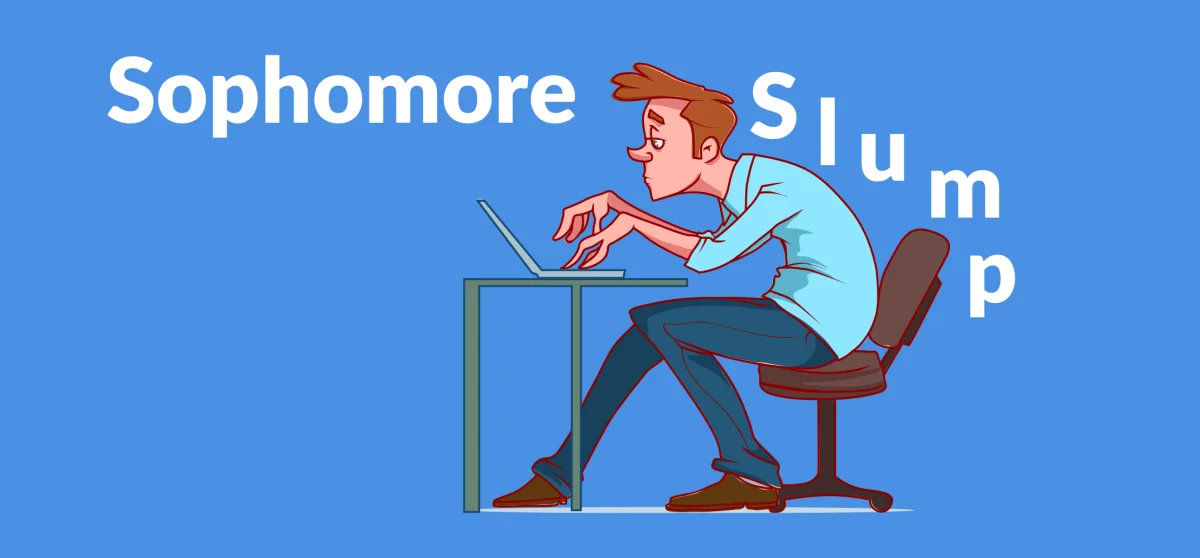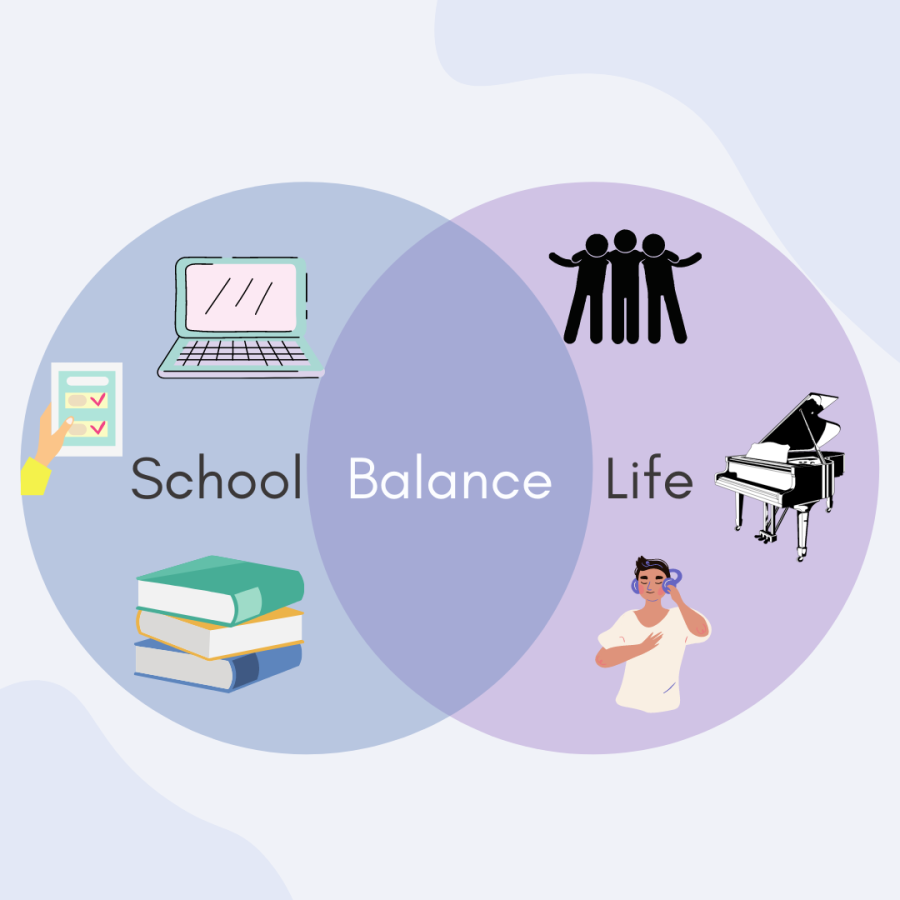
For many millennia, people have used the stars in their day-to-day life. Whether it be reading time, finding directions, or analyzing horoscopes, planets and stars have helped with the development of society. But how is it that the alignment of planets and stars can affect people?
Astrology is the practice of how celestial bodies can affect human attitude and the earth. Astrology was created in Babylon 2,000 years ago and later adapted by the Greeks and the Roman Empire. While there is no “direct” evidence of the astrological correlation to human traits or interactions, there is still a very common belief that it is true.
The study of chronobiology has shown a correlation between the moon cycles and human sleep patterns, mood disorders, and even fertility. While there is a correlation, it is not a causation. The different phases within the galaxy are believed to radiate in many different ways which correlates to different reactions.
The word lunatic originates from the Latin word lunaticus. It was believed that the full moon could cause insanity or epilepsy. This is also linked to centuries of folklore concerning werewolves and other mythological creatures. On the other hand, the full moon has been scientifically proven to be associated with sleep paralysis and energy levels throughout the day.
Another big debate on astrology is whether zodiac signs and horoscopes are real.
Senior Madison Aherne states, “I do believe in zodiac signs. While there is a lot of controversy on the topic, they are accurate to people’s personality types. But it’s really cool to get a deeper understanding of the history behind it.”
It’s hard to comprehend the difference between scientific truth and common belief. When a certain belief has been spread all over the world, and preached for years, it’s hard to know if it’s true or not.



































